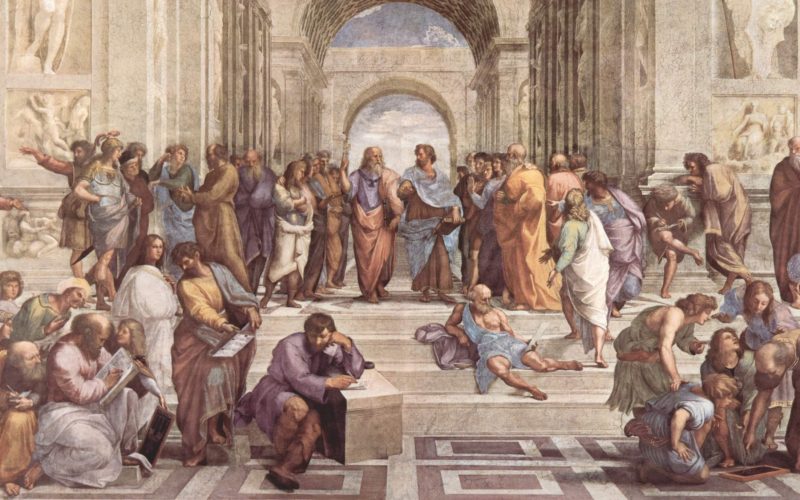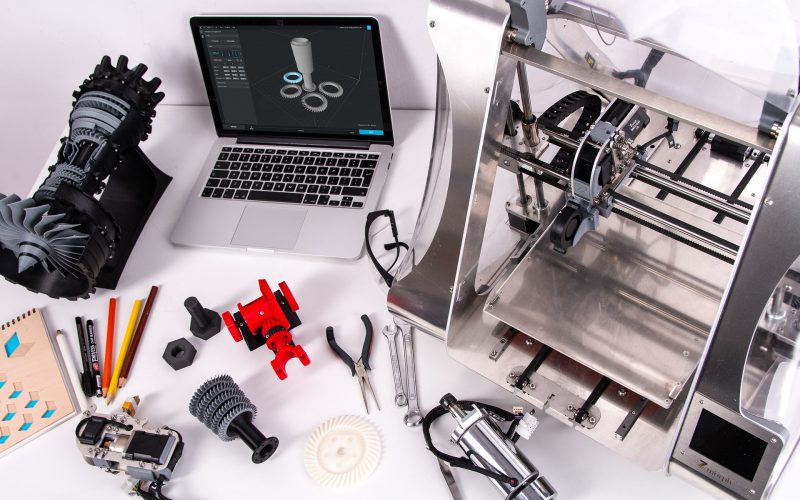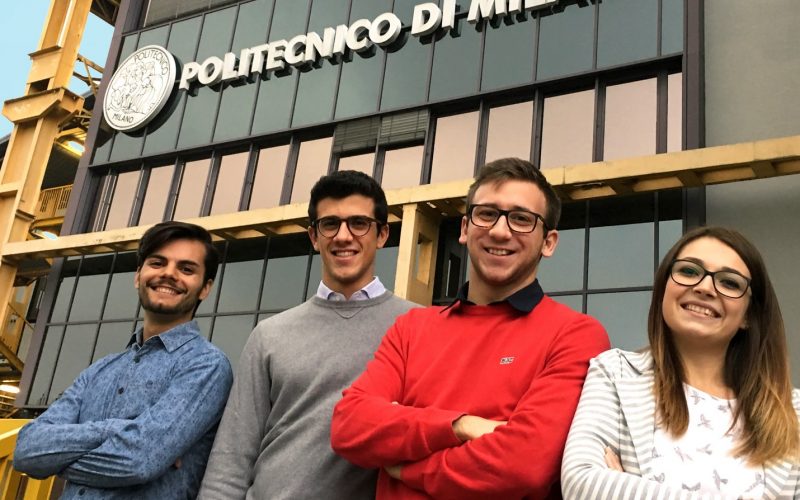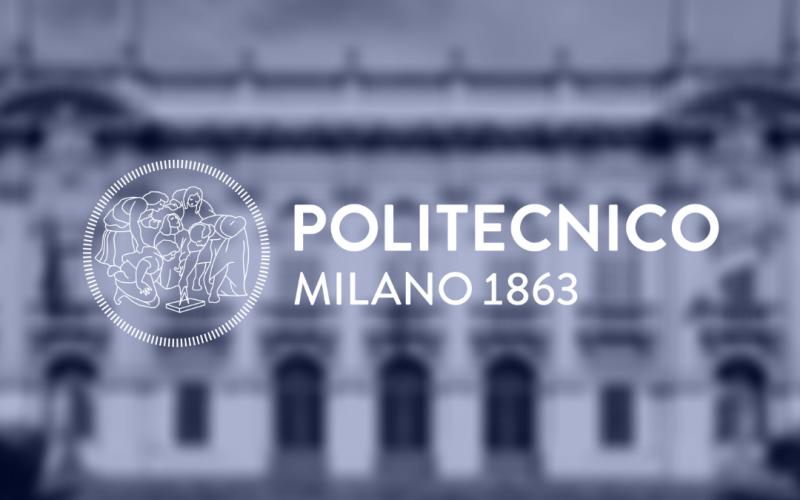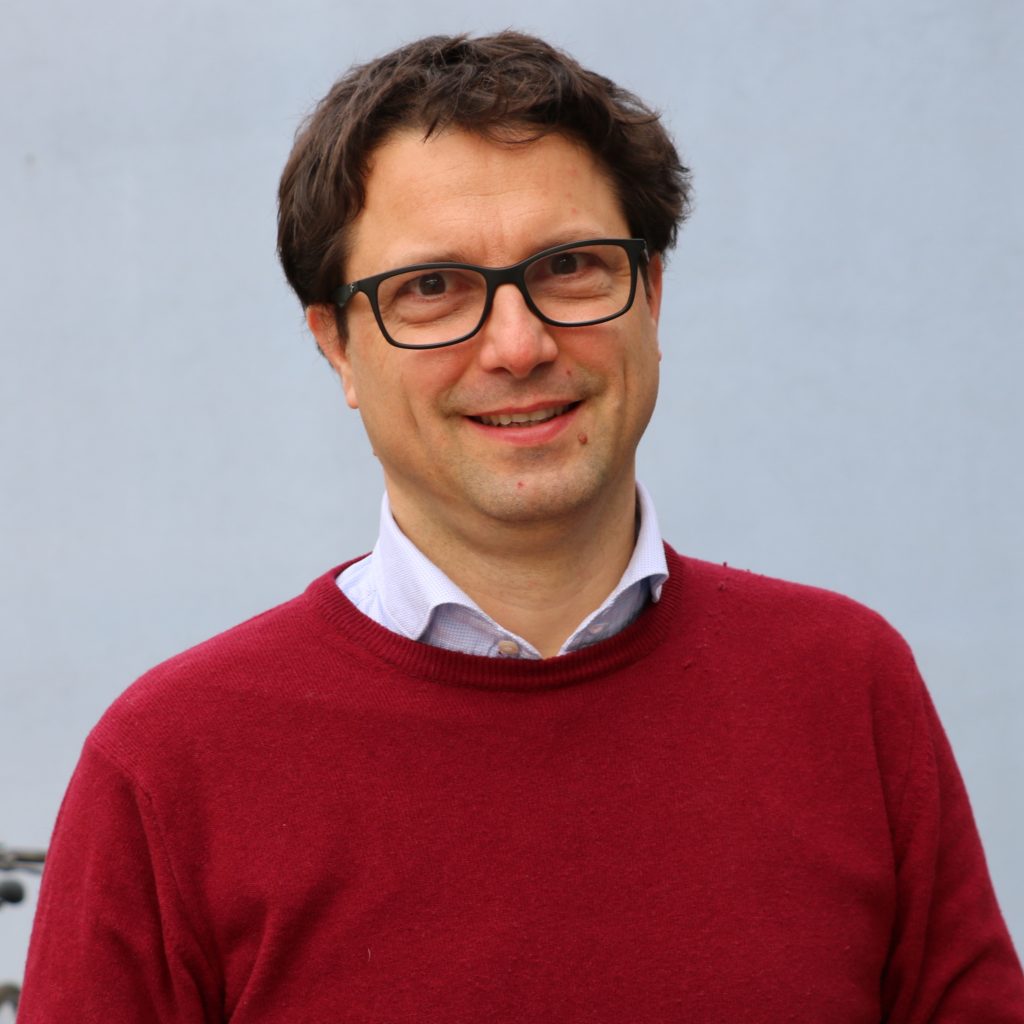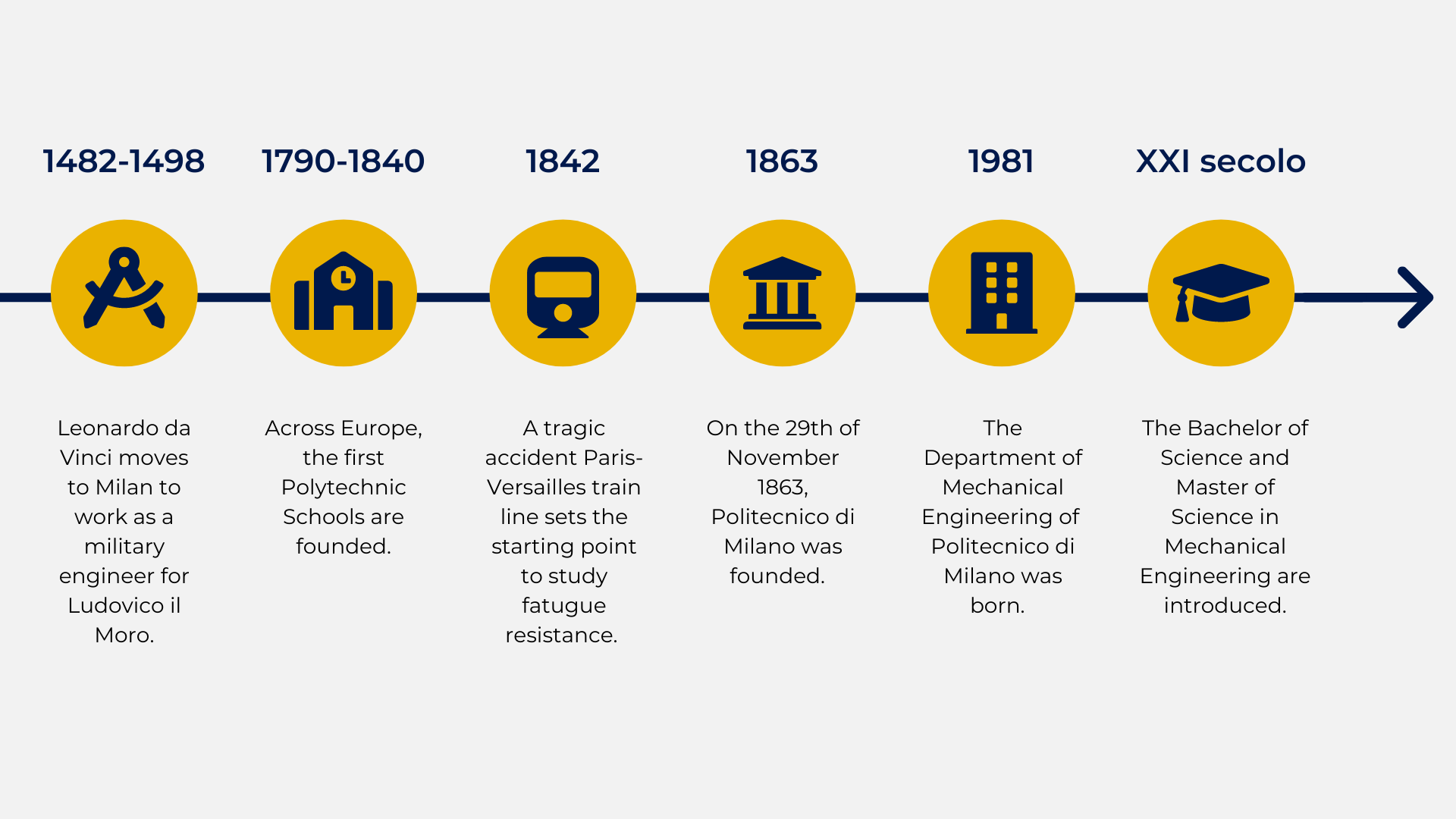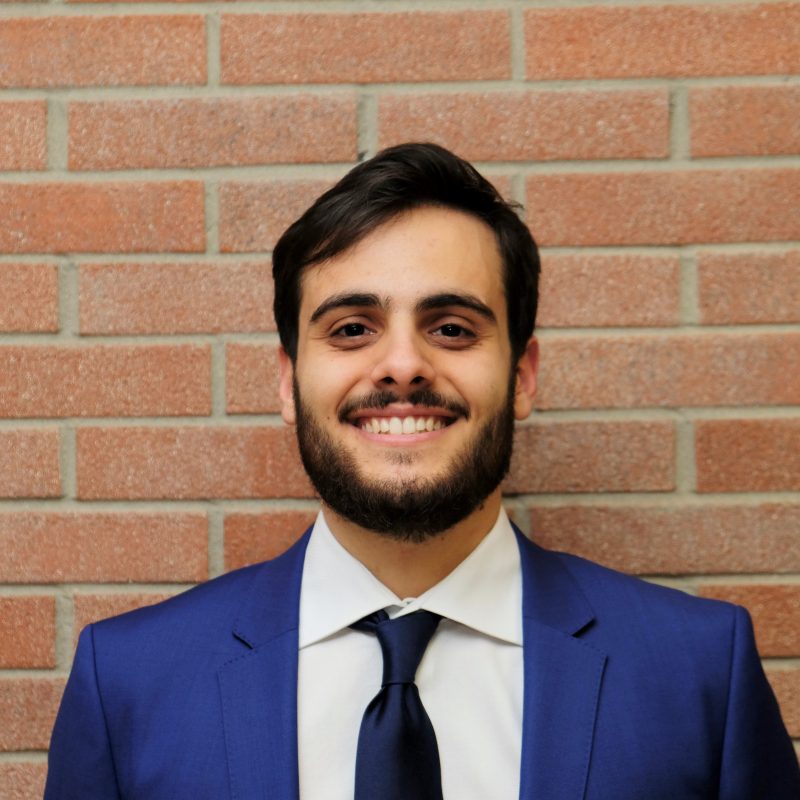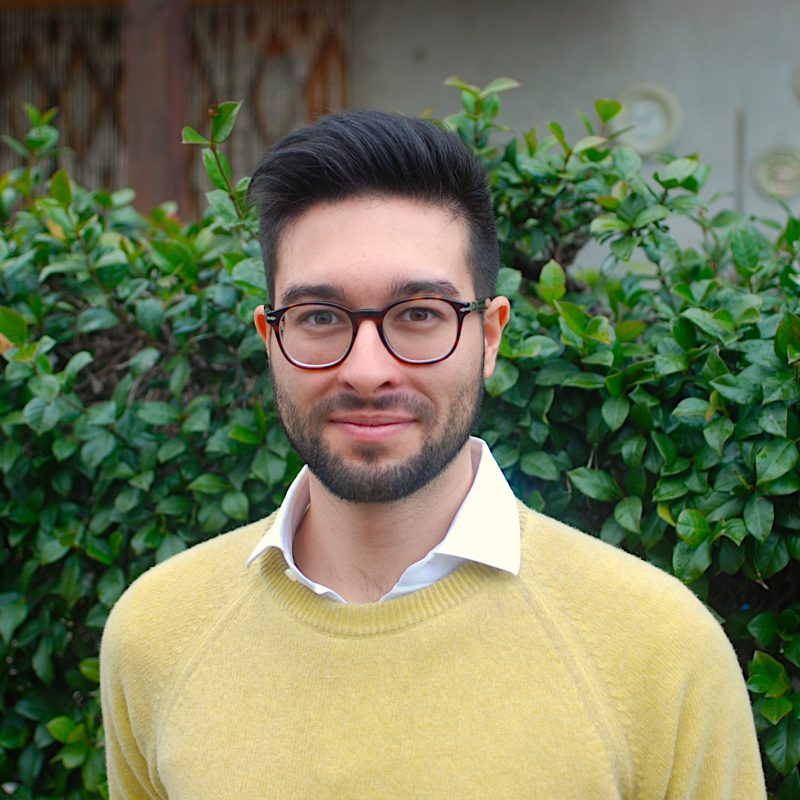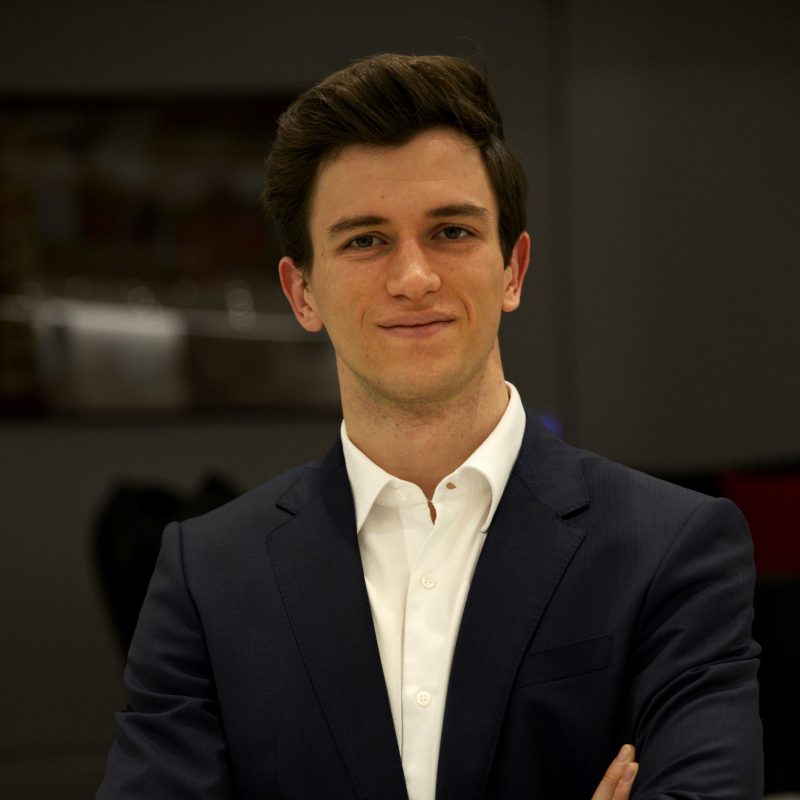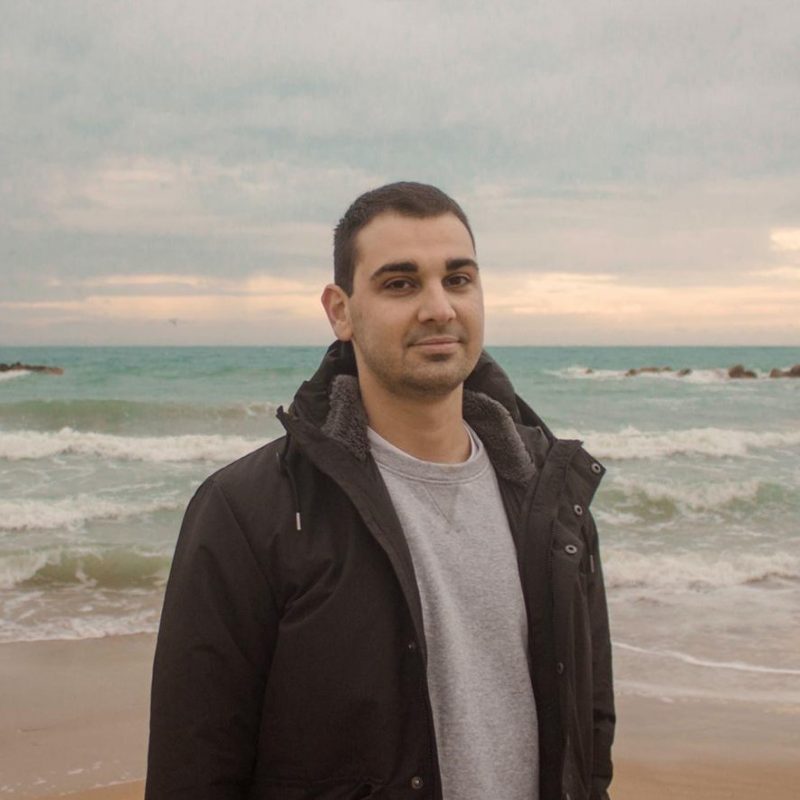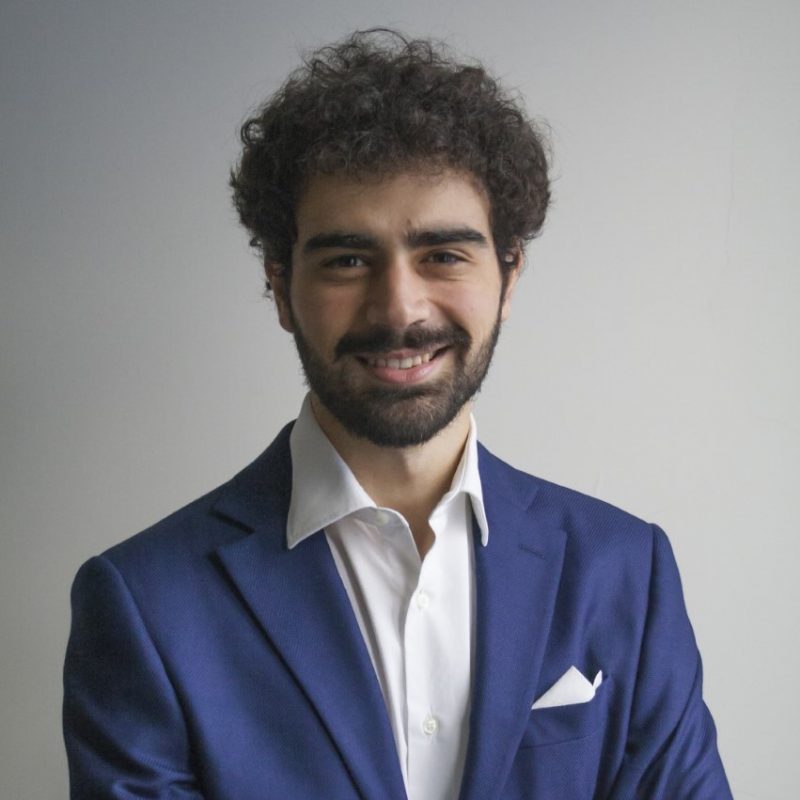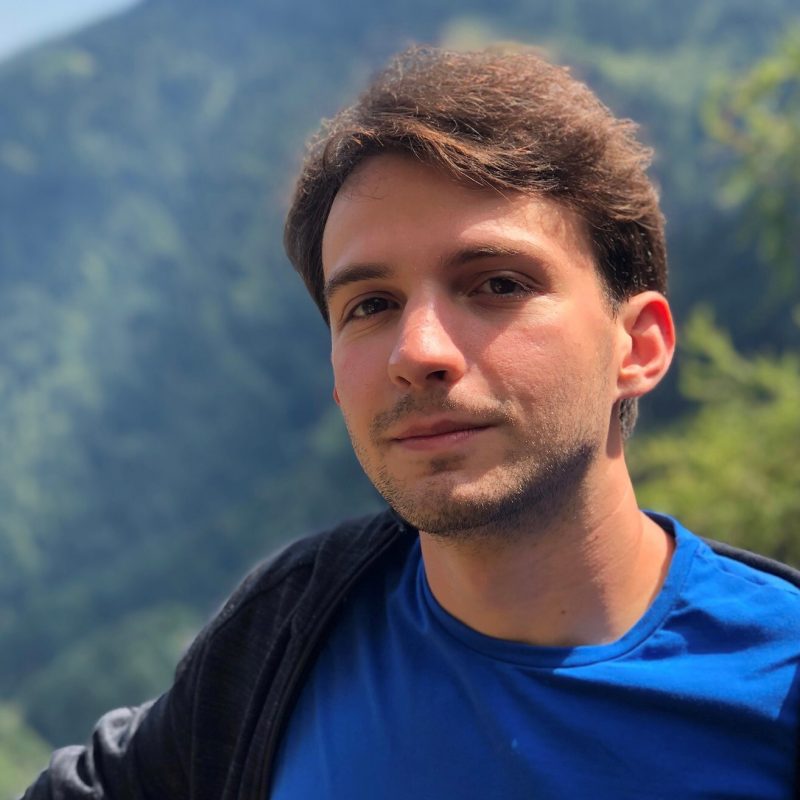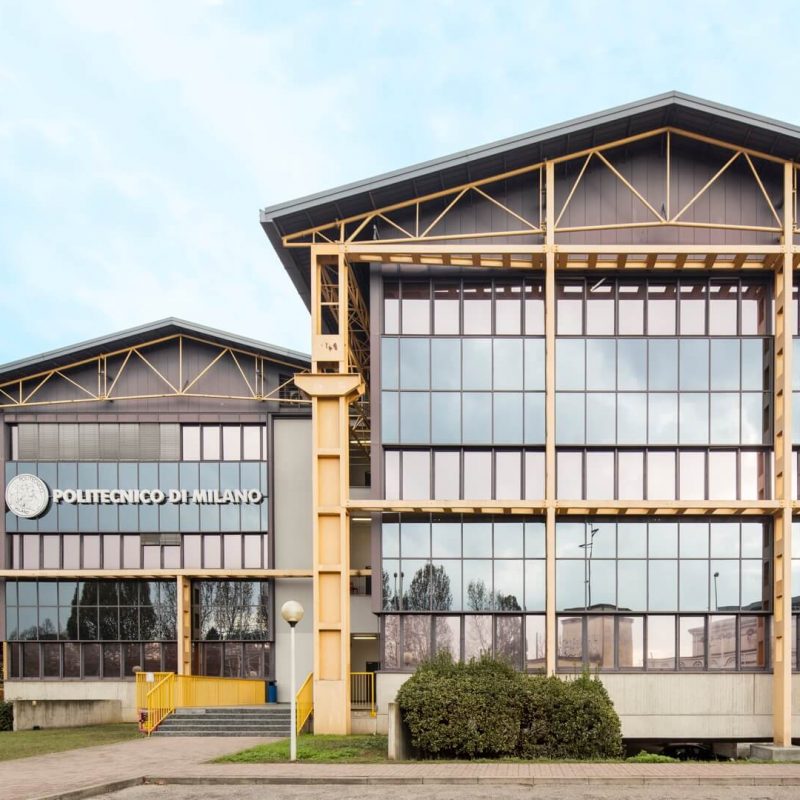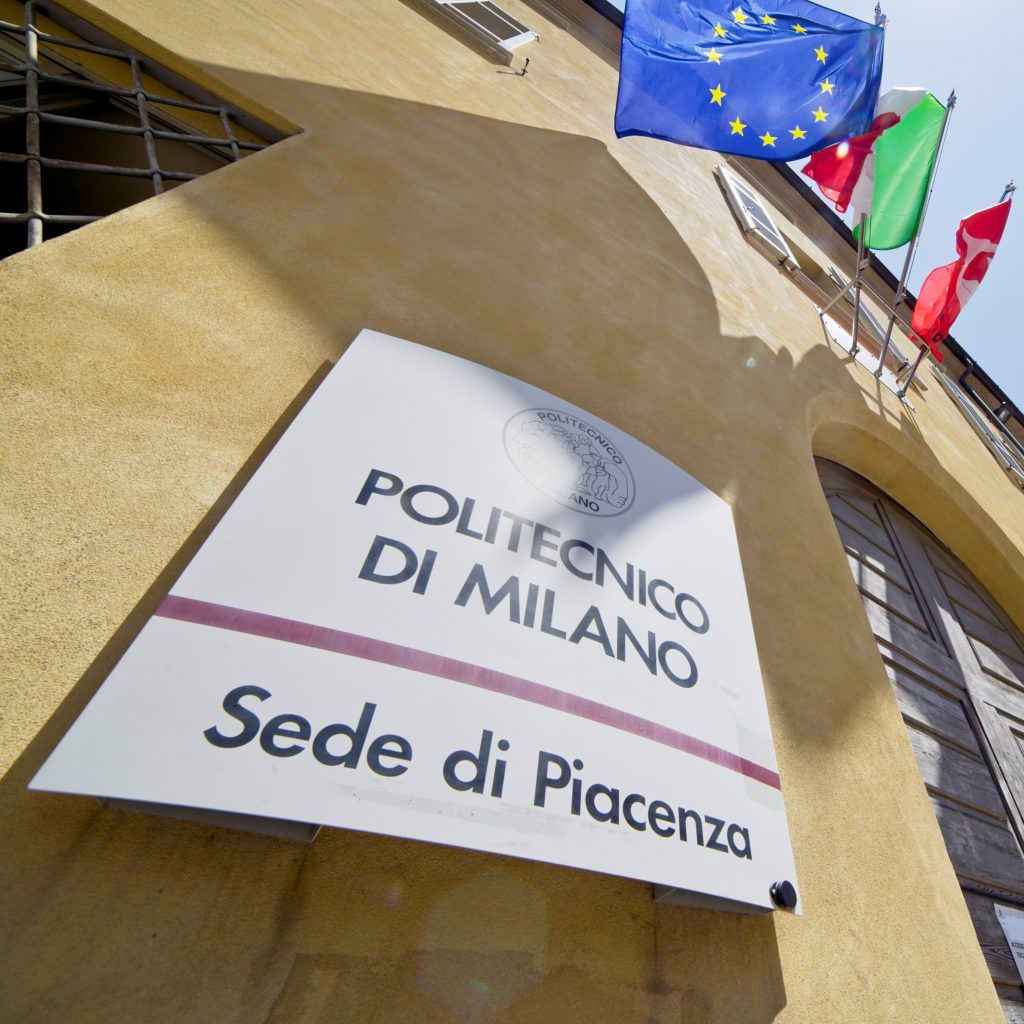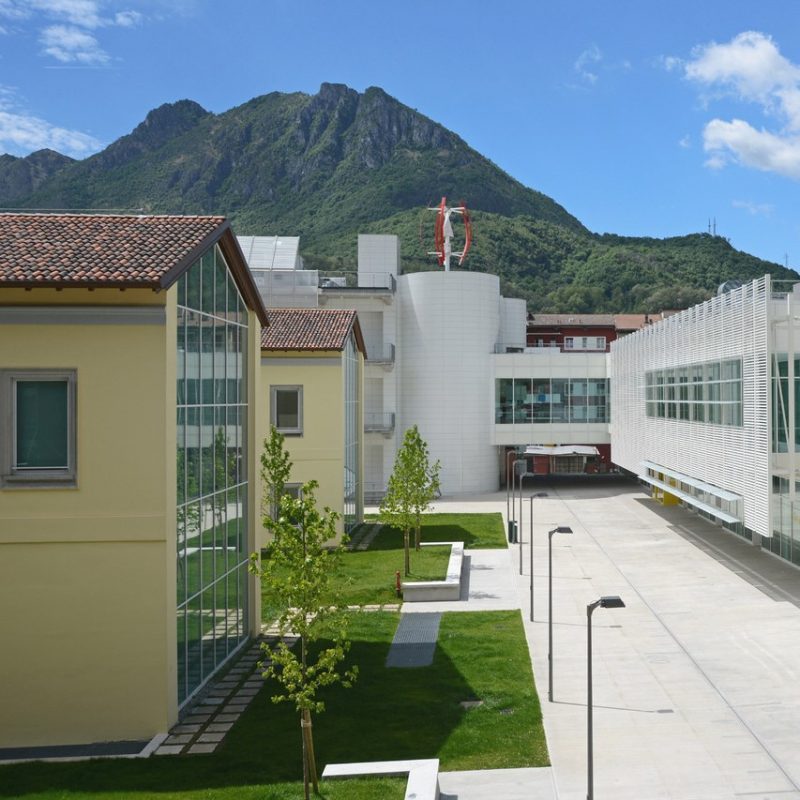About
Director of Studies: welcome message
Dear students,
I am writing these few words to share my great passion: Mechanical Engineering.
Traditionally, people associate the words “Mechanical Engineering” with cars, trains, and machine tools. A few others might think of robots that, in factories, assemble – guess what? – cars. However, mechanical engineering is so much more. Just take a look around: basically, everything manufactured by humans and able to move (or with moving parts) saw the involvement, entirely or partially, of a mechanical engineer during the creation process.
Picture your phone. It may not seem, but that same smartphone contains many mechanical subsystems: the sensors reading its movement; the system that generates the vibration when in silent mode; its haptic interface that allows to “feel” the buttons on a perfectly flat screen. In addition, its cover is the outcome of the work of mechanical engineers, who firstly choose the materials and then defined the manufacturing and technological process to maximize its performance and minimize the cost.
The cross-cutting skills acquired by attending the Mechanical Engineering Programme will allow you to work in a lot of different positions available in the labour market. In fact, you will acquire both basic and advanced skills to face a variety of engineering problems, not only mechanical ones. The effort required is considerable (and it may happen that you will not like every subject) but, in the end, you will have a much broader background compared to those who chose programmes focused more on specific engineering problems.
And, don’t forget Politecnico di Milano ranks among the top Universities worldwide for the quality of both teaching and research. Even though not always visible, these two things are connected: the more advanced the research, the more the inputs are delivered to students via teaching activities. The most important thing is to always face challenges with passion and motivation.
Truly yours,
Francesco Braghin
Director of Studies in Mechanical Engineering
Why Mechanical Engineering?
Mechanical Engineering (ME) lays at the heart of Industrial Engineering. Mechanical Engineering is the branch of engineering that is in charge of the study, design, production, and maintenance of mechanical systems.
The graduate in mechanical engineering will acquire the technical skills about:
- Machine building and functioning;
- The resistance of machine components measurement;
- Machine energy transformation;
- Machine building materials;
- Tools and services for machines functioning;
- Fluid mechanics;
- Machine design;
- Measurement and control of the size and performances of machinery;
- Industrial automation.
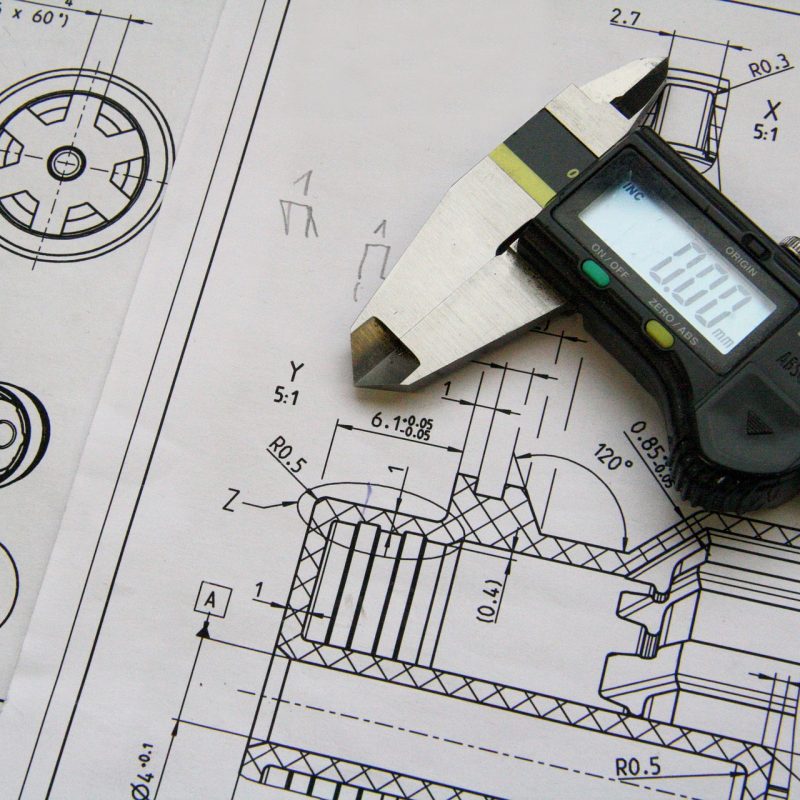
Other than spread technical knowledge, the objective of the Mechanical Engineering Programme is to shape the engineers of the future, a professional able to quickly adjust to the ever-evolving working environment and to carry out different tasks once out in the job market.
To do so, future mechanical engineers must possess deep technical knowledge about all kinds of machines, considering that soon they will be the ones in charge of the design, manufacturing, use, and management of the machine or the whole plant. The programme and its courses allow the students to acquire the basic, scientific, technical, and economical skills that, when needed, will ease further learning to carry out a particular job task.
Campuses
The Milan Bovisa Campus was built in 1889 in the northern area of the city, known as the former Bovisa gasometer district. After winning an international competition in 1998, the campus has expanded so much that today counts two different campuses.
One of them is called Bovisa La Masa and is the one that hosts the Mechanical Engineering Department and its Administration Offices since 1998. Moreover, here is where the lecture halls where the lectures are held and the laboratories, equipped with the finest and state-of-the-heart instruments in Europe, are. In addition to attending lectures, here the students can closely observe how mechanical engineering principles apply in real life.
The Piacenza campus is located in the city centre, a few steps away from the railway station, from its landmarks and entertaining places in the city. Piacenza became a Politecnico di Milano campus in 1997. Enlarged over the years, Piacenza is today made up of two different campuses and covers an area of 7,000 square meters. Here students can find lecture halls, laboratories, and places open 24/7 where they can study.
The Lecco campus was built in 1989. Over the years, in cooperation with local institutions, the campus facilities have been enlarged. Today the campus covers an area of 40,000 square meters, where lectures are held, research is carried out, and services for the students are issued. Here enrolled students attend their lectures in new lecture halls, fully equipped even to deliver the content through innovative teaching methods, and carry out their experiments in avant-garde laboratories. Moreover, everywhere on campus, students can find specific places where both individuals and groups can study and socialize.









